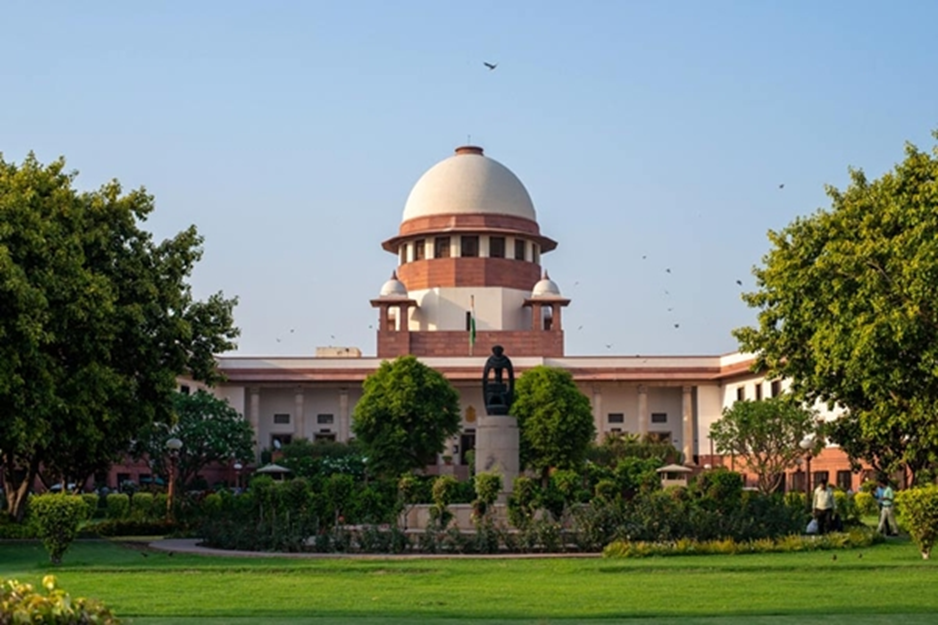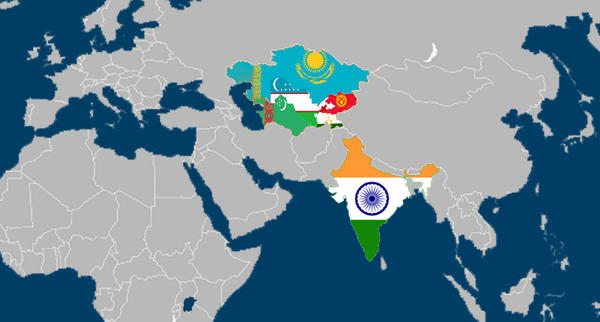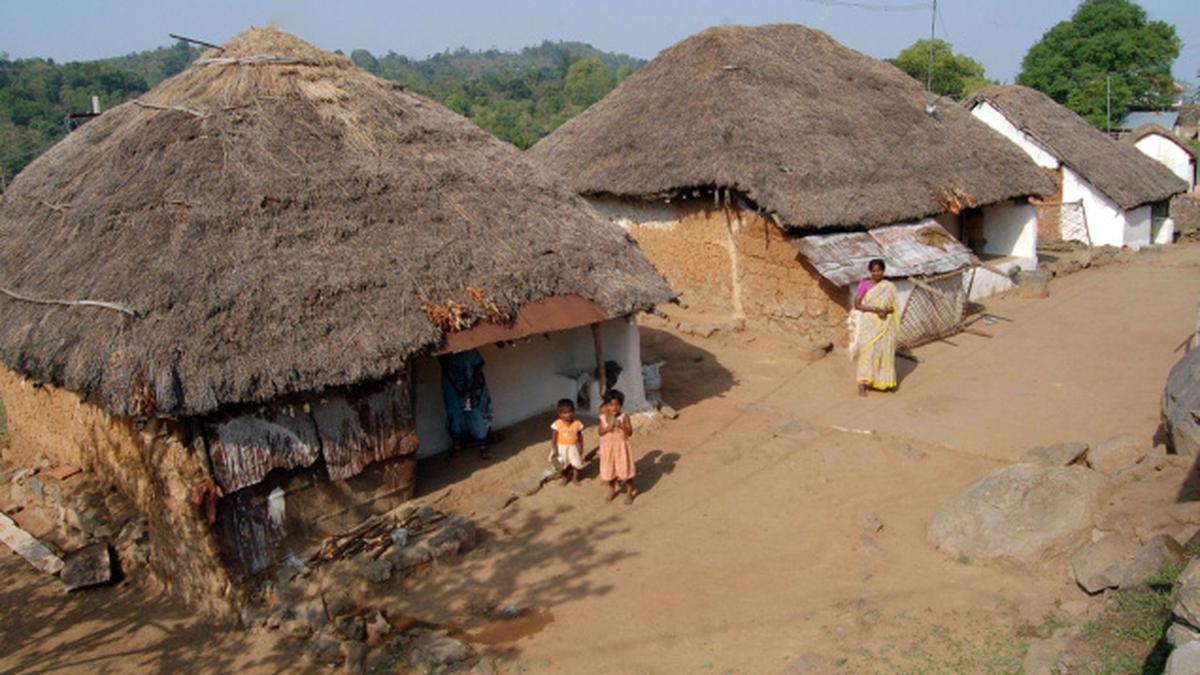- Courses
- GS Full Course 1 Year
- GS Full Course 2 Year
- GS Full Course 3 Year
- GS Full Course Till Selection
- MEP (Mains Enrichment Programme) Data, Facts
- Essay Target – 150+ Marks
- Online Program
- GS Recorded Course
- NCERT- First Ladder
- Polity
- Geography
- Economy
- Ancient, Medieval and Art & Culture AMAC
- Modern India, Post Independence & World History
- Environment
- Governance
- Science & Technology
- International Relations and Internal Security
- Disaster Management
- Ethics
- Current Affairs
- Indian Society and Social Issue
- CSAT
- 5 LAYERED ARJUNA Mentorship
- Public Administration Optional
- ABOUT US
- OUR TOPPERS
- TEST SERIES
- FREE STUDY MATERIAL
- VIDEOS
- CONTACT US
Governor's Immunity under Article 361
Governor's Immunity under Article 361

Background:
A recent case of alleged sexual harassment against West Bengal Governor C V Ananda Bose by a contractual employee has brought the issue of Governor's immunity under the Indian Constitution into the spotlight.
- The Supreme Court of India has agreed to hear a plea seeking to redefine the contours of this constitutional immunity, enjoyed by the Governor of a state, under Article 361.
What is Article 361?
Article 361 of the Indian Constitution provides immunity to the President and the Governor of a state from criminal prosecution and bars any judicial scrutiny of their actions.
Key Provisions:
-
Article 361(1): It states that the President or the Governor of a state "shall not be answerable to any court for the exercise and performance of the powers and duties of his office or for any act done or purporting to be done by him in the exercise and performance of those powers and duties".
-
Article 361(2): It further provides that "no criminal proceedings whatsoever shall be instituted or continued" against the President or the Governor during their term in office.
-
Article 361(3): It also states that "no process for the arrest or imprisonment" of the President or the Governor can take place while they hold office.
Why is it under scrutiny?
- The interpretation of the phrases "criminal proceedings" and "process for the arrest or imprisonment" in Article 361(2) and 361(3) is what the Supreme Court will now consider.
- The court will clarify whether these phrases cover the registration of an FIR, the initiation of a preliminary inquiry, or a magistrate taking cognizance of an offense, which marks the official start of a criminal case.
- In the West Bengal case, the petitioner argued that if none of these actions can be taken against Governor Bose until he leaves office, it could result in a violation of rights and impact the evidence in the case.
Historical Context:
- The immunity provided to the President and the Governor has its roots in the Latin maxim "rex non potest peccare," meaning "the king can do no wrong," which is rooted in English legal traditions.
- During the Constituent Assembly debates on September 8, 1949, H.V. Kamath of the Indian National Congress raised questions about the scope of this immunity, particularly whether it applied only while the President or Governor was in office or for their entire term.
- However, the article was adopted without further debate on this issue.
Judicial Interpretations:
-
State vs Kalyan Singh & Ors (2017): The SC delayed the trial against then Rajasthan Governor Kalyan Singh, an accused in the Babri Masjid demolition case, citing his immunity under Article 361. The court stated that charges would be framed once he ceased to be Governor.
-
Vyapam Scam Case (2015): The Madhya Pradesh High Court held that Article 361(2) provides absolute protection to the Head of a State from any malicious campaign or publicity, ensuring the solemnity of the office. The court allowed an investigation into an FIR against other accused while keeping the Governor's name out of it until he left office.
-
Rameshwar Prasad vs Union of India (2006): In this landmark case, the SC dealt with the Governor's immunity in civil cases. It held that while the Governor enjoys complete immunity for official actions, the court can examine the validity of those actions, including on grounds of malafides (bad faith).
International Perspective:
- The debate around executive immunity is not unique to India.
- The US Supreme Court recently ruled that former President Donald Trump is entitled to absolute immunity from criminal prosecution for official acts but not for unofficial or personal acts.
Conclusion: The discussion around Governor's immunity in India is part of a broader context of the relationship between the office of the Governor and opposition-ruled state governments. The Supreme Court's upcoming hearing on this issue, expected on August 12, could have significant implications for the role and accountability of the constitutional head of a state.
Must Check: Best IAS Coaching In Delhi
UPSC Prelims Result 2024 Out: Expected Cut Off & Other Details, UPSC Prelims 2024 Answer with Explanation, Daily Prelims Quiz, Daily Current Affairs, MONTHLY CURRENT AFFAIRS TOTAL (CAT) MAGAZINE, Best IAS Coaching Institute in Karol Bagh, Best IAS Coaching Institute in Delhi, Daily Mains Question Answer Practice, ENSURE IAS UPSC Toppers, UPSC Toppers Marksheet, Previous Year Interview Questions, UPSC Syllabus



